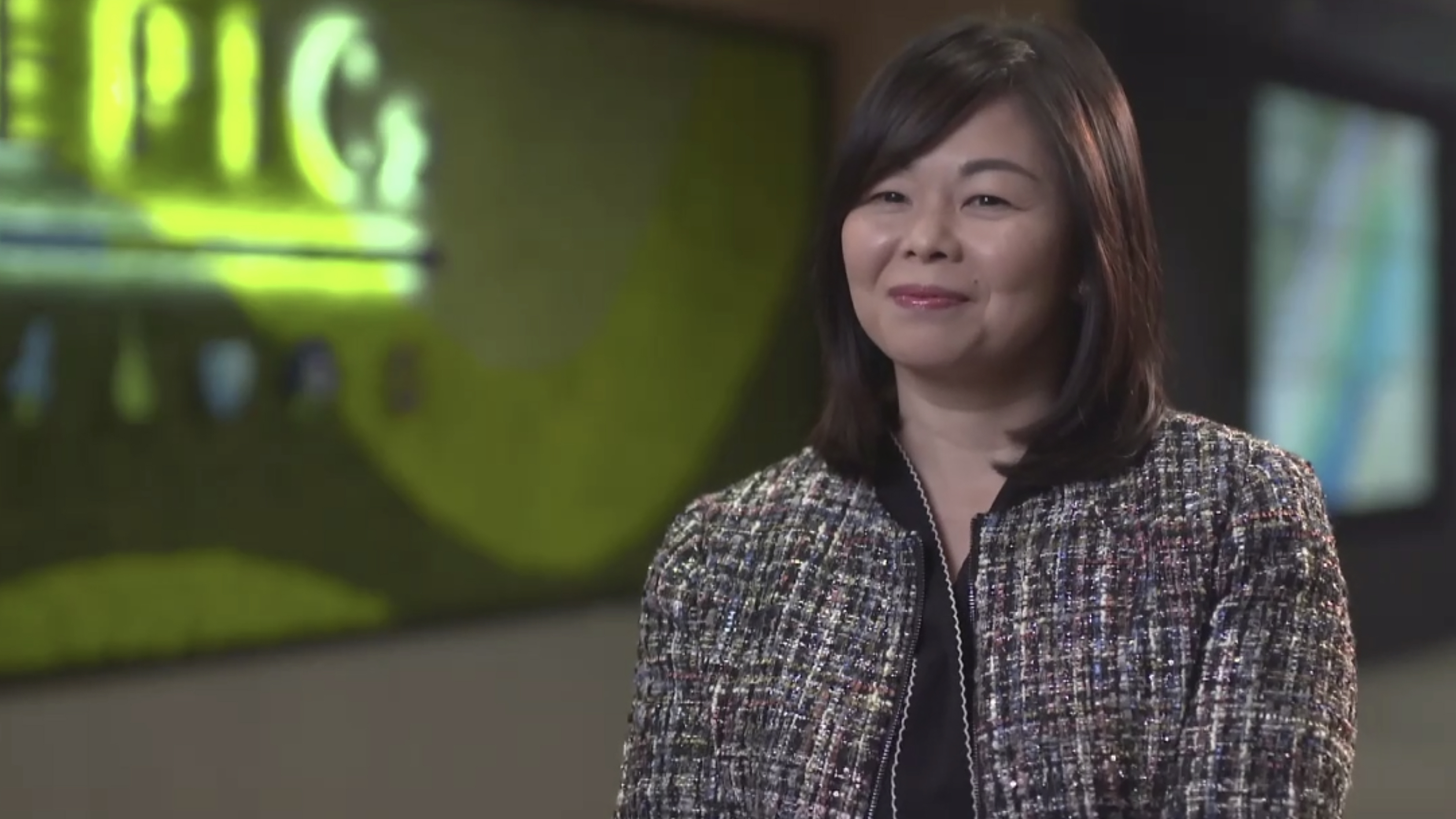There are times in most people’s careers when they feel like they could use some help. But not everyone feels comfortable asking for it.
Good businesses have a culture that encourages people to seek the help they need to achieve results and grow. And great businesses have colleagues actively offering support to their peers in need through mentoring, coaching and offering advice.
Despite this, venturing beyond your comfort zone can still be daunting. Speaking from experience, Brenda Yeo, Sales Director, Enterprise at VMware, says it’s worth it.
“I have a strong belief that we need to get uncomfortable in order to grow,” Brenda says.
Making the career step from individual contributor to people manager pushed Brenda out of her comfort zone at first, but support from leaders helped. “My bosses saw the potential in me, and they encouraged me to make the move,” she says.
Feeling supported can make a huge difference. Brenda says her team provided the safety net that gave her the confidence to make the career leap. She shares, “I know I'm in a safe environment to try and do my best, to give my best, so that I can also advance in my career.”
Brenda says she realised that she didn’t need to know everything and that asking for help was perfectly normal. “You might not get all the answers straight from day one, but it's good and you feel safe because you're supported by colleagues and friends that you know you can trust for guidance and advice,” she says.
The value of mentoring
Leanne Francis, Director Cloud Provider Sales ANZ at VMware, says she’s seen the huge difference that support networks can make.
“Mentoring has played a big role in my career —both personally and professionally. And I think that sharing experience and how to navigate through corporate life with other women is something that we all need to do more of,” she says.
Leanne says mentoring has given her the tools and confidence to navigate difficult situations, such as when she found herself with a clashing communication style with a past manager.
Having seen the difference that support can make first-hand, Leanne says she’s now passionate about helping and mentoring others.
She uses it as an opportunity to pass on things she’s learned along the way, including that it’s okay to ask for help. “I think it's super important to pay it forward,” Leanne says. “For me, there's lots of lessons learned, lots of mistakes and lots of things to share.”
The best mentorship programs also acknowledge that the learning isn’t just one-way.
VMware’s Reverse Mentorship program facilitates dialogue between senior leaders in the company with colleagues from an underrepresented group, encouraging a better understanding of difference and inclusivity.
Being a role model
Women showing up for each other as role models and sharing experiences can make help feel more accessible and sets a positive example for other women to follow in their own careers.
Brenda says her first — and still most important role model — was her grandmother. “My grandma was the first version of a superwoman that I saw as a young girl,” she says. “She never failed to make us feel special, especially when we needed support and guidance.”
Seeing successful women in VMware and the technology industry also helped Brenda decide to make her career move. She says role models are vital for inspiring more women to join the industry, “be inspired by what they do and follow their footsteps.”
As Leanne shares, having someone to look up to can be a key part of mentoring.
“I've enlisted both professional and personal coaches in my career. People that I look up to, whose opinions I respect, and who can add value to discussions and different aspects. I can then look at how I need to respond,” she says.
Starting to get the help you need can be as simple as asking for it.
“Don't be afraid to ask. Everyone is a work in progress,” says Brenda, “If you have the passion, go for your inner calling.” You might be pleasantly surprised about how happy and willing people are to help you.
